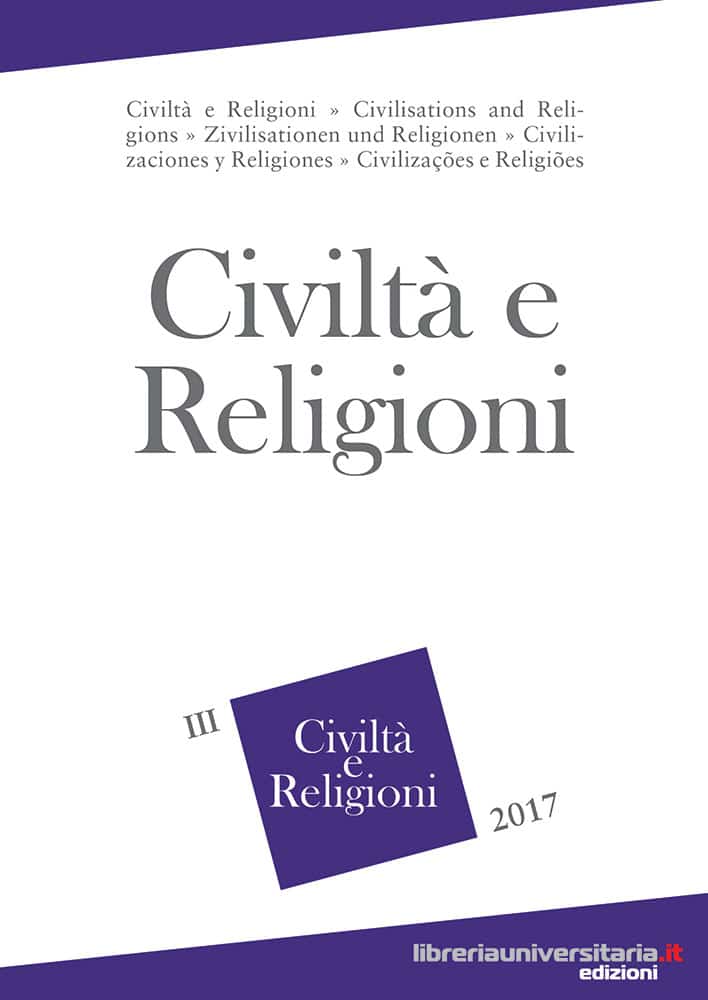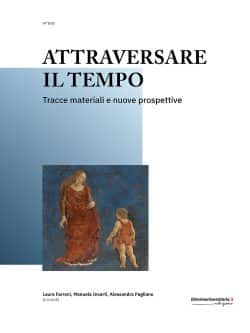Indice
a cura della Redazione di Civiltà e Religioni
The comparative analysis of the different strategies used by the conquerors when conceptualizing the gods of the colonized people in two diverse spaces and periods -the Hellenistico-Roman Antiquity and colonial Mesoamerica- is the aim of this paper. These strategies vary from the negation of a proper religious system of the others (a feature of extreme barbarism usually described in terms of “atheism”), to the more common demonization of the alien gods as idolatrous cults, to the different attempts to understand them in the colonizers’ own categories through the various levels of interpretatio.
The work of the Paduan antiquarian Lorenzo Pignoria constitutes one of the most interesting examples of a general reflection on religion at the beginning of the seventeenth century. The short treatise analysed in this article, aims to insert a group of “deities” from Asia and the Americas within the project of the mythographic work of Vincenzo Cartari. Promoting an assimilation of these extra-European deities, Pignoria also proposes a singular visual theory of polytheism. In order to illustrate this innovative methodology, this work focuses on the complex narration through which the Paduan antiquarian manages to build an incorporation of a group of Mexican deities whom he had known by consulting pictographic documents in the Vatican Apostolic Library.
In the 16th century sources the image of the Indios fighting Europeans offers a very specific vision of this enemy. It was an image that had its roots in stereotypes of the past. But it had been reshaped into a new and original version. Solidarity between the devil and the Indios did not produce fearsome warriors. It was an image that did not have to hinder the expansion of European traffic.
This paper intends to discuss about Church’s acting in Latin America, aboarding how the process of stimulating and persuading European priests to go to Latin America has taken place.
The institutional interest will be analyzed verifying which interests supported and legitimized the missionary work, and stimulated the yearnings to become missionaries. Discussing the attitudes of Vatican for the consummation of missionary actions and their unfolding in Latin America. Investigating the way how missionaries worked in front of many differenta cultural especially in relation to missionaries from Europe and North America, facing the culture, and economic and social reality of Latin America.
Dario Sabbatucci’s history of religions is devoid of spirit. His perspective is not just clear of theological assumptions and phenomenological suggestions; it also distances itself from the philosophy of consciousness and the universalism of religious sciences. The nullification of the religious object is the result of a differential and systematic comparativism in which cultural cosmologies appear as historically contingent and anthropologically arbitrary world orders. But the comparative appraisal of religious universalism as a Christian and western cultural construction has not yet turned itself into self-criticism on matters such as the civil and political conscience of the West and its civilizing process precisely because of the limits of its historicism.





